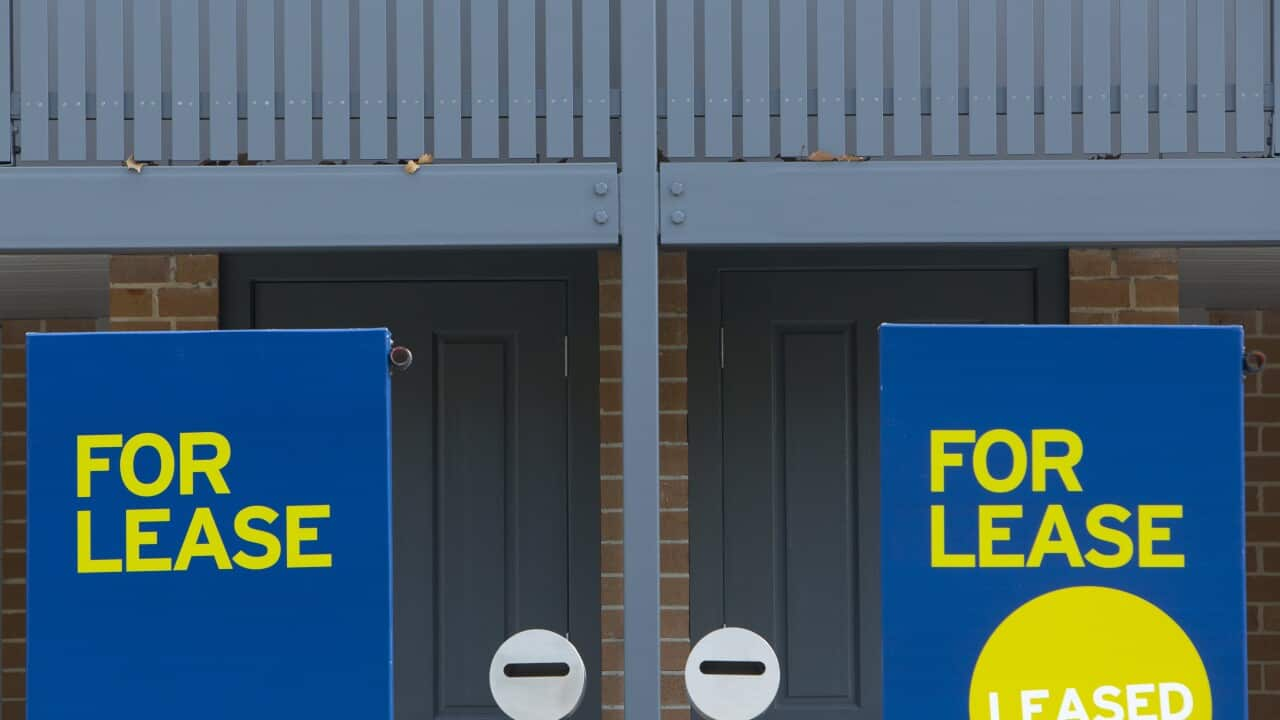Key Points
- A new report from the Australian Housing and Urban Research Institute has looked at housing trends.
- It found a "sizeable proportion" of people renting homes will be "lifetime renters".
- Australians want to own for long-term security, housing quality and to be able to modify their homes.
The number of people renting in Australia is on the rise in all , despite a vast majority still saying they would prefer to own, new research has found.
The new report from independent national research network the Australian Housing and Urban Research Institute has looked at short and of Australia's housing and Australians' preference for their housing situations.
While the majority of Australians still , the number of home owners decreased across all age brackets from 2011 to 2021 (except for Australians aged 80 years old and over).
While renting was once considered a transitional state for many Australians on the way to home ownership, the authors wrote that is no longer the case.
"In 2024, Australia's tenure landscape is very different. Many Australians are not climbing towards home ownership and a sizeable proportion will be lifetime renters. The rental sector is no longer a simple tenure of transition," the report said.
While more Australians still own homes — and 80 per cent of renters still express a preference for owning — there has been a clear shift towards renting.

Source: SBS News
House prices continue to climb at rates that are unaffordable for many Australians on the average wage.
The wage price index, measuring media wage changes over time, has increased by 24 to 30 per cent — depending on location in Australia — over the past decade, according to the Australian Bureau of Statistics.

Source: SBS News
In Victoria, for instance, wages have increased by 27 per cent since September 2014, while median house prices outside of Melbourne have risen by 100 per cent over the same period.
Renters are also getting older, with people who have limited superannuation renting in larger numbers and the authors said the needs of this cohort will need to become a focus of housing policy.
Australians still aiming for home ownership
"This report shows Australia in 2024 to be a nation comprised of home owners, a few people who rent because they 'want to be tenants', and a growing number of people who rent but would rather not be tenants," the report authors wrote.
Owning a home is still the ultimate goal for 80 per cent of renters, although younger Australians tend to express a preference for the flexibility of renting.
Australians want to own homes for long-term security, housing quality and conditions, and to be able to modify their own homes. They also overwhelmingly want the freedom to own pets, regardless of whether they currently have one or not.

Source: SBS News
For above-minimum standard housing, renters are willing to pay $127 more per week, for rent that can not be increased by more than 5 per cent every year, tenants will pay $77 extra per week and for the ability to extend a lease indefinitely, they will pay $72 more per week.










